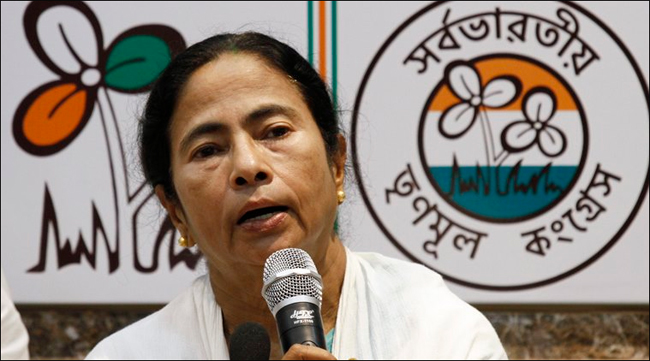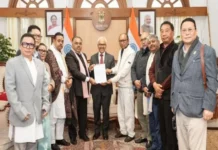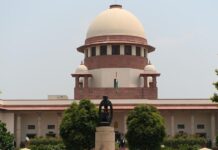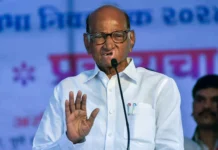KOLKATA: After securing a thumping majority in the recently concluded elections Chief Minister Mamata Banerjee had made it clear that vaccination and controlling the spread of Coronavirus will be her government’s priority and she has already initiated some formidable steps to restrict the unchecked spread of the pandemic.
Besides controlling the disease — as party insiders indicate — the chief minister is likely to carry forward the promises made in the manifesto in three different stages — short-term, middle-term and long-term plans.
Covid vaccination and controlling the spread of SARS-COV2 virus will be the priority of the state government –this was already announced on the day of her oath taking ceremony on May 5.
“She has already taken some steps like suspending the movement of the local trains, closure of bars, restaurants, gyms, cinema halls and shopping malls and restricting the number of people to 50 in any kind of religious and entertainment functions.
“The state government is also thinking of completing the vaccination of all the people of the state in the next six months,” a senior government official said.
“However, to complete the mass vaccination drive the state government needs active cooperation of the central government and she has written to the Prime Minister in this regard,” the official added.
Party insiders indicate that the Mamata Banerjee government is likely to re-introduce and establish a Second Chamber in the State Legislature or the Legislative Council, which will comprise eminent persons, who will play an active role in shaping the State’s functions.
The State Legislative Council, or Vidhan Parishad, is the Upper House and the Lower House being the State Legislative Assembly or the Vidhan Sabha.
The state is likely to pass a resolution in the State Assembly after which it will be the constitutional mandate and obligation of the Parliament to complete the formality by passing a law to that effect.
Seven states, including Andhra Pradesh, Karnataka, Telangana, Maharashtra, Bihar, and Uttar Pradesh and Telengana have state legislative council.
It is not a secret now that the Trinamool Congress came to power riding on the successful execution of the government delivery systems like ‘Duare Sarkar’ – government at your doorstep and “Parai Parai Samadhan’ – solution in your neighbourhood.
If the former is a mechanism to deliver the benefits of the government projects at the doorstep, then the latter is a process to mitigate public grievance through offering a solution at the local level.
Though it was a brainchild of the poll strategist Prashant Kishore hired by the Trinamool, Mamata Banerjee wants to continue with the projects so that it doesn’t seem to be a poll stunt.
The Trinamool Congress government is likely to bring back the projects with government camps twice a year likely to be conducted August-September and December-January.
Chief Minister Banerjee is well aware that a huge support of the women voters have enabled her to come to power and so the state government is likely to strengthen the social security net keeping the women in mind.
“The State’s monthly average Consumption Expenditure of a household is Rs 5,249. Providing a monthly income support of Rs 500 (yearly Rs 6,000) to General Category households and Rs 1,000 (yearly Rs 12,000) to SC/ST Category households, would account for 10 per cent and 20 per cent of their monthly expenditure, respectively.
This amount would be directly deposited into bank accounts of 1.6 crore matriarchs of each family in West Bengal. It would include every household from the SC/ST community. For General Category, this income support would be provided to all households except those having at least one tax-paying member (42.30 lakh people) and those owning land more than 2 hectare (2.8 lakh people).
The budget outlay for the scheme would be approximately Rs 12,900 crore every year,” a senior party leader said.






